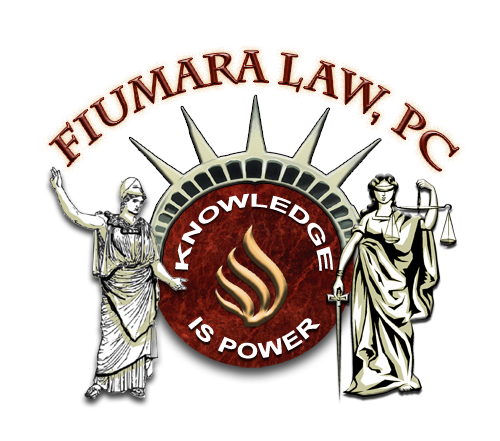On September 27, California Governor Jerry Brown signed into law a unique bill that eliminated suspensions and expulsions for young students with minor misbehavioral issues, such as talking back and dress code violations.
California’s new law limits suspensions and expulsions for “willful defiance,” a catchall term that includes talking back or out of turn. Approximately 750,000 California students are either suspended or expelled each year. According to the ACLU, 43 percent of suspensions issued to California students include minor school disruptions. The ACLU also points out that minority students are more likely than other students to be suspended or expelled, even for similar behavior.
The new law applies to children between kindergarten and third grade. School administrators are still allowed to suspend or expel students for a variety of other infractions, such as fighting.
Students who are suspended are twice as likely to drop out of school. Students who fail to finish high school are much more likely to end up in the criminal justice system and fail to make a living wage.
The new law applies to schools statewide, but some cities and school districts are taking reforming student discipline further. Santa Rosa City School District, for example, has implemented the “Local Control Accountability Plan,” which trains middle and high school personnel staff on discipline issues, in addition to hiring 10 “restorative practice specialists” to monitor disciplinary issues. The end goal is a 75 percent reduction in suspensions and expulsions for Latino students in three years.
Student misbehavior and criminal charges
When a student or teacher is accused of wrongdoing, the stakes could not be higher. For teachers who are trying to help students gain an education through hard work, allegations of criminal activity or wrongdoing can be devastating. For students, being accused of behavior that can lead to expulsion not is not just detrimental to the students’ wellbeing; it can also lead to entering the state’s juvenile justice system. Teens and children in the juvenile justice system are much more likely to experience hardship and future criminal charges if they become convicted of a crime before the age of 18.
The Law Offices of Michael A. Fiumara can help
Criminal charges or allegations of misbehavior against educators and students come with high stakes. Expulsions, firings and even media scrutiny can be only the beginning. Hopefully, the new law will help educators and students maintain a positive and safe atmosphere without forcing students, who may simply be acting like children or who come from a difficult home environment, to become a casualty of the educational system. For students who are facing more serious allegations, however, defending one’s legal rights, such as those under California Education Code section 49063, are paramount.
Parents and teachers concerned about potential disciplinary action should contact the experienced attorneys at the Law Offices of Michael A. Fiumara to discuss their rights and legal options moving forward.


